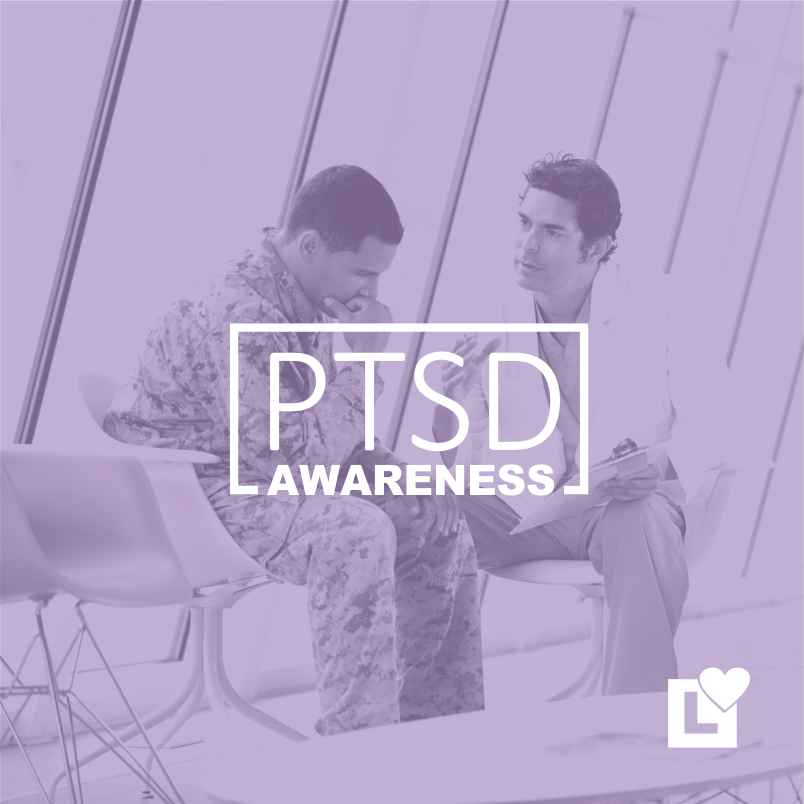
In honor of PTSD Awareness Day (June 27, 2018)
Post Traumatic Stress Disorder (PTSD) was first acknowledged by medical professionals after the terms “shell shock”and “combat exhaustion” had been used by the military in the US for its veterans. It’s most commonly used with combat veterans, but anyone can suffer from PTSD following an extreme trauma. Many involved in car accidents, for example, can suffer from PTSD every time they attempt to drive following a bad experience. Rape victims often report PTSD.
PTSD Symptoms can include:
-
Withdrawal
-
Irritability
-
Depression
-
Nightmares (Re-living Traumatic Experiences)
-
Difficulty with intimacy
-
Involuntary negative actions
-
Anxiety (inability to relax)
Many of our veterans suffer from PTSD, those who saw combat action in Vietnam who went back to work after the war and are now retiring are increasingly reporting symptoms. While busy at work, many symptoms were repressed, but now symptoms come to the surface as work had kept them more focused on other things.
The elderly are often affected by PTSD symptoms. It doesn’t have to be combat related.
For example: An 82 yo falls in their home and fractures a hip. They live alone with no neighbors close enough to hear calls for help, and too far from a phone to call emergency. Help may show up the next day and get the assistance they need, but this can trigger an unforgettable negative experience. They’ll likely have a long road to recovery and once they return home they may be too frightened to be alone or visit that specific part of the home where they fell. The feelings can be debilitating and overwhelming.
What is most important is to know there is help. Support groups are available, caregivers and other social supports play a huge role in recovery no matter what age or cause. And it is important to recognize this can effect the family of the victim so all should be involved with education and treatment.
For more information on PTSD resources, contact your local social services department. For VA resources, contact your local VA or the national VA phone service at 888-823-7458 for family and friends seeking assistance.
It’s never too late to get help.



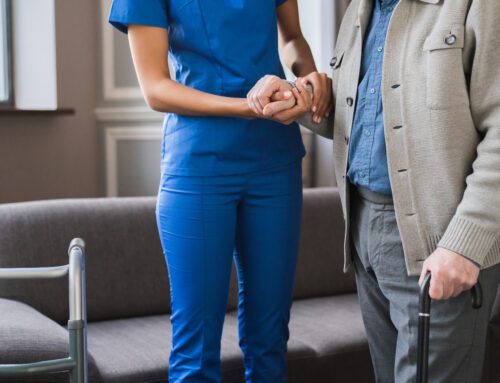
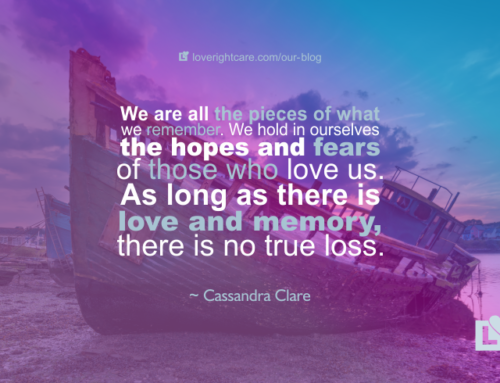
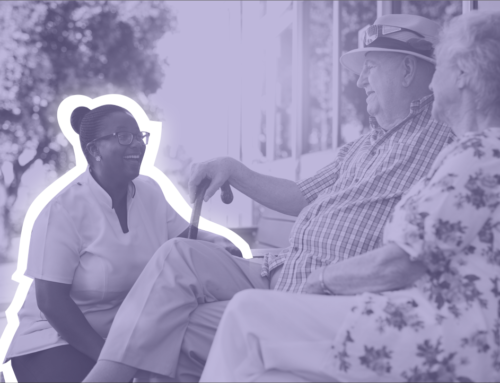
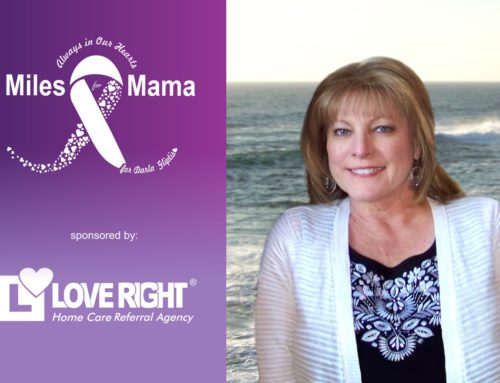
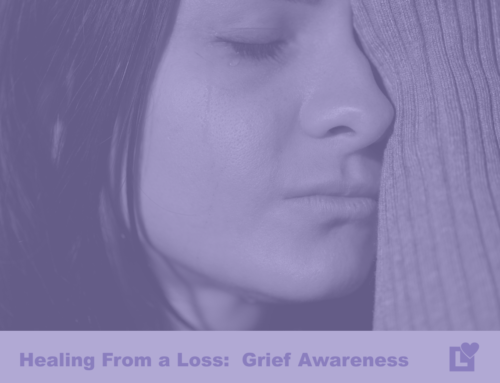
Leave A Comment